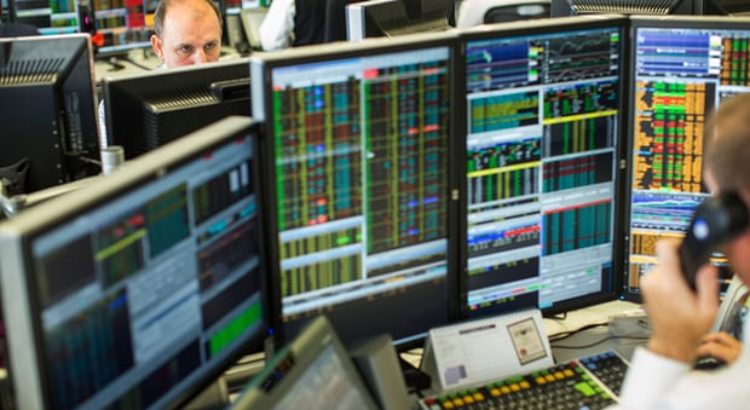Por Phillip Inman
Last year the chief economist at the Bank of England, Andy Haldane, gave a fear-inducing speech that warned of Armageddon in the jobs market. Robots threatened 15 million UK jobs, he said.
This dystopian picture of busy machines and queues of jobless Britons was replaced this month by a rosier view from PwC, which made the opposite claim: robots and artificial intelligence could create as many jobs as they destroy, which happens to be around 7 million.
Then the University of Oxford said 35% of UK jobs could be automated, while a 2017 McKinsey report warned 5% of UK jobs were highly automatable. The MIT Technology Review has identified at least 18 different predictions about automation.
This article is not about robots, AI or even the debate raging over the impact of Brexit. It’s about the detachment from history and real life – stemming from a disastrously narrow education – that allows economists to make such claims, and the damage that does to public debate about important matters.
This month, the pressure group Rethinking Economics said Britain’s universities were failing to equip economics students with the skills that businesses and the government say they need. Following extensive interviews with employers, including organisations such as the Bank of England, it found that universities were producing “a cohort of economic practitioners who struggle to provide innovative ideas to overcome economic challenges or use economic tools on real-world problems”.
Moreover, the group said, “when political decisions are backed by economics reasoning, as they so often are, economists are unable to communicate ideas to the public, resulting in a large democratic deficit.”
You could easily level that criticism at the economists forecasting the impact of AI. What are people supposed to think when those who study the field come up with such wildly varying predictions? More importantly, what will politicians think they should do? Nothing, probably, given the confusion.
The Rethinking group is concerned that university departments only train, rather than educate, huge numbers of graduates for econometrics jobs across the banking, insurance and consulting sectors.
In our increasingly student-led system, these young people don’t want to mess around with history or modules on inequality. They are on a mission to make money for themselves in the private sector.
If they were diverted into discussions of economic history, they might find out we are about to repeat the mistakes of the past and trigger another financial crisis. Even more inhibiting, their course might show that higher inequality dampens workers’ incentives to increase productivity, and might prompt them to ask why young economists in the City are paid colossal amounts of money to analyse bond yields or forecast oil prices. Pay them less, share the money around, and productivity might improve. Failing that, let a robot do their job.
It is an improvement, albeit an incremental one, that brings back a bit of Marxism (though just a discussion of Karl’s labour-market theory). The developers of the programme also claim it has freed itself from neoliberal thinking, which judges markets to be self-adjusting and consumers and businesses to be operating with the same information. The world is full of asymmetric power and information relationships, and Core reflects this.
Nonetheless, Joe Earle, chief executive of the charity Economy, says Core puts a gloss on a course that still puts maths first and critical thinking second.
“When people demand a revolution, minor reforms often gain support because they can be framed in such a way that they appear to simultaneously address the concerns of the critics while maintaining the status quo. This is exactly what is happening in economics,” he says.
It seems it is still seen as radical to analyse the flows of money in the world as if much of it was stolen, and how that skews investors’ decisions. But it’s not radical: it’s a fact. Tax alleviation structures dominate company decisions, but are rarely debated by students. Some of the money will be drug money or gains from organised crime. But most of it will be money that avoided tax in the country where it was generated.
Such a discussion would give students the chance to hear varied perspectives, challenge assumptions, and explore how different values and goals can lead to different conclusions. It shows that the academics behind Core still have work to do.
Source of the article: https://www.theguardian.com/business/2018/aug/04/economics-students-dangerously-poorly-educated





 Users Today : 47
Users Today : 47 Total Users : 35459953
Total Users : 35459953 Views Today : 53
Views Today : 53 Total views : 3418518
Total views : 3418518